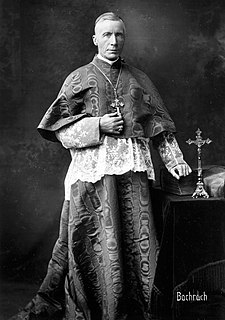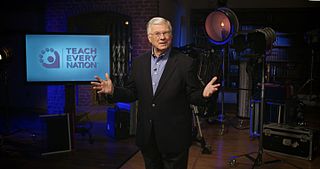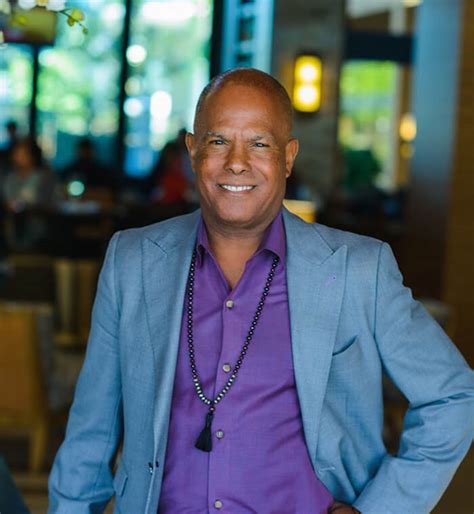A Quote by James Gibbons
Related Quotes
A critic may reject some miracle stories as legendary, and not others, with no inconsistency at all for the simple reason that even if one holds miracles to be possible, one need not hold legends to be impossible! There are other factors, literary and historiographical ones, that might lead a critic to conclude that even though miracles can happen, it does not appear that in this or that case they did.
I do believe I begin to grasp the nature of miracles! For would it be a miracle, if there was any reason for it? Miracles have nothing to do with reason. Miracles contradict reason, they strike clean across mere human deserts, and deliver and save where they will. If they made sense, they would not be miracles.
Miracles are like candles lit up until the sun rises, and then blown out. Therefore, I am amused when I hear sects and churches talk about having evidence of Divine authority because they have miracles. Miracles in our time are like candles in the street at midday. We do not want miracles. They are to teach men how to find out truths themselves; and after they have learned this, they no more need them than a well man needs a staff, or a grown-up child needs a walking-stool.
To early man, trees were objects of awe and wonder. The mystery of their growth, the movement of their leaves and branches, the way they seemed to die and come again to life in spring, the sudden growth of the plant from the seed - all these appeared to be miracles as indeed they still are, miracles of nature!
































